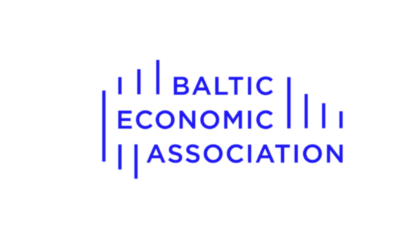Authors:
Matti Sarvimäki – Aalto University, VATT and Helsinki GSE
Aapo Stenhammar – University of Bonn
Jaan Masso – University of Tartu
Abstract. While there is an active debate of the welfare effects of the reducing migration restrictions, there is still rather limited empirical evidence on how many—and what kinds of—people would migrate if wealthy countries opened their borders, and we know even less about how much their incomes would change as a result. During the 1990s and early 2000s, migration restrictions between Estonia and EU countries gradually shifted from entirely closed borders to completely free movement of labour. Using population-wide data linking census and administrative records from Estonia and the primary destination country, Finland, we examine how returns and selection to migration changed over evolving migration policies and economic conditions. Our analysis begins with individual-level records from the 1989 census conducted in the Soviet Republic of Estonia. In collaboration with Statistics Estonia and Statistics Finland, we have linked these data to the 2000 and 2011 Estonian censuses and to Estonian tax records available from 2005 onward, as well as to Finland’s administrative registers, which provide detailed annual information on labour market outcomes and demographics from 1988 onward. The resulting dataset allows us to track individuals across borders and compare migrants to non-migrants through 2021. We estimate the income effects of migrating from Estonia to Finland by comparing the earnings trajectories of migrants to those who migrate later, as well as to a matched sample of workers who do not migrate during our study period. Our results show that upon moving to Finland, migrants experience a sharp increase in earnings relative to non-migrants, and these differences persist over time. Event-study estimates suggest that, on average, migration more than doubles earnings in PPP-adjusted terms and nearly quadruples them in nominal terms. Estimates using non-migrants as a control group yield very similar result. The effects decline monotonically with income, and we find no PPP-adjusted returns for individuals originating from the top decile. These results align with the predictions of the influential Borjas (1987) model, which shows that monetary returns and migration decisions are shaped by the full income distributions in both the sending and receiving countries, as well as by the transferability of skills.

